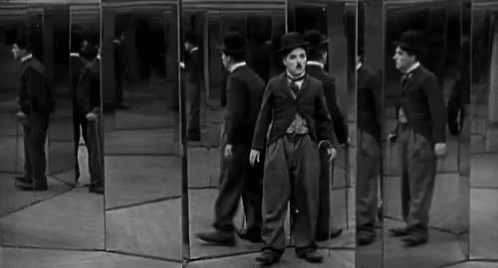It’s been almost nine years since that day in February 2015 when Terry called me in Alaska to ask if I’d join the GetReligion team starting March 1.
(We already had a reminder of the Mattingly family sitting in our home; an enormous lion gifted by Terry and Debra to my daughter Veeka when she was 6 1/2, about the time she stayed with them for several days while I was on a reporting trip. I’ve included a photo of the Aslan-like creature with her delighted face just after she received it. The lion still keeps vigil by her window).
The GetReligion assignment, Terry told me, was that I’d concentrate on West Coast media and culture wars coverage.
Since then, my writing has ranged w-a-y beyond that, from John Allen Chau to Josh Harris. I have picked up a lot about analytical writing, hopefully have not made too many enemies and have shown some light into dark corners.
Sometimes I hit it out of the park. With the election of President Donald Trump and the ascendancy of his pastor, Rev. Paula White, I spread word of an ascendant Pentecostal/charismatic movement that was way more powerful than its non-charismatic evangelical counterpart.
This was years ahead of the curve. Not a whole lot of folks were listening until Jan. 6, 2021.
But you, dear readers, were seeing it here first, starting my Nov. 10, 2020, column that begins with the frantic prayers in White’s Florida church in the face of a Trump loss. By the time my Dec. 15, 2020, column about the “Jericho March” in DC surfaced, there were prophets nationwide saying Trump would win no matter what and other disturbing trends that not enough reporters were tracking.
Why? These prophets were considered wackos by most.
My Jan. 11, 2021, column, about the aftermath of Jan. 6 (when some of those ‘wackos’ showed up on the streets of Washington) and the resulting “civil war” among charismatics got a lot more ears — and a ton of hits. By this time, the “Trump prophets” who had erroneously prophesied that the 45th president would win a second consecutive term were in the middle of a theological maelstrom. The day of Biden’s inauguration, I penned one last column on the topic here.
I count the work I did on the prophets and my coverage on Cardinal Theodore McCarrick as among the best work I did for this blog.










